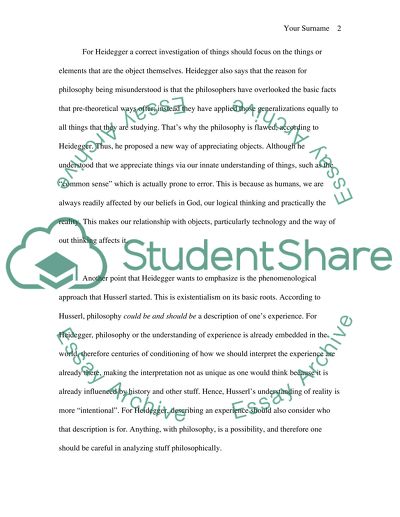Cite this document
(“Heidegger`s Being and Time Essay Example | Topics and Well Written Essays - 1750 words”, n.d.)
Retrieved de https://studentshare.org/philosophy/1391188-philosophy
Retrieved de https://studentshare.org/philosophy/1391188-philosophy
(Heidegger`s Being and Time Essay Example | Topics and Well Written Essays - 1750 Words)
https://studentshare.org/philosophy/1391188-philosophy.
https://studentshare.org/philosophy/1391188-philosophy.
“Heidegger`s Being and Time Essay Example | Topics and Well Written Essays - 1750 Words”, n.d. https://studentshare.org/philosophy/1391188-philosophy.


